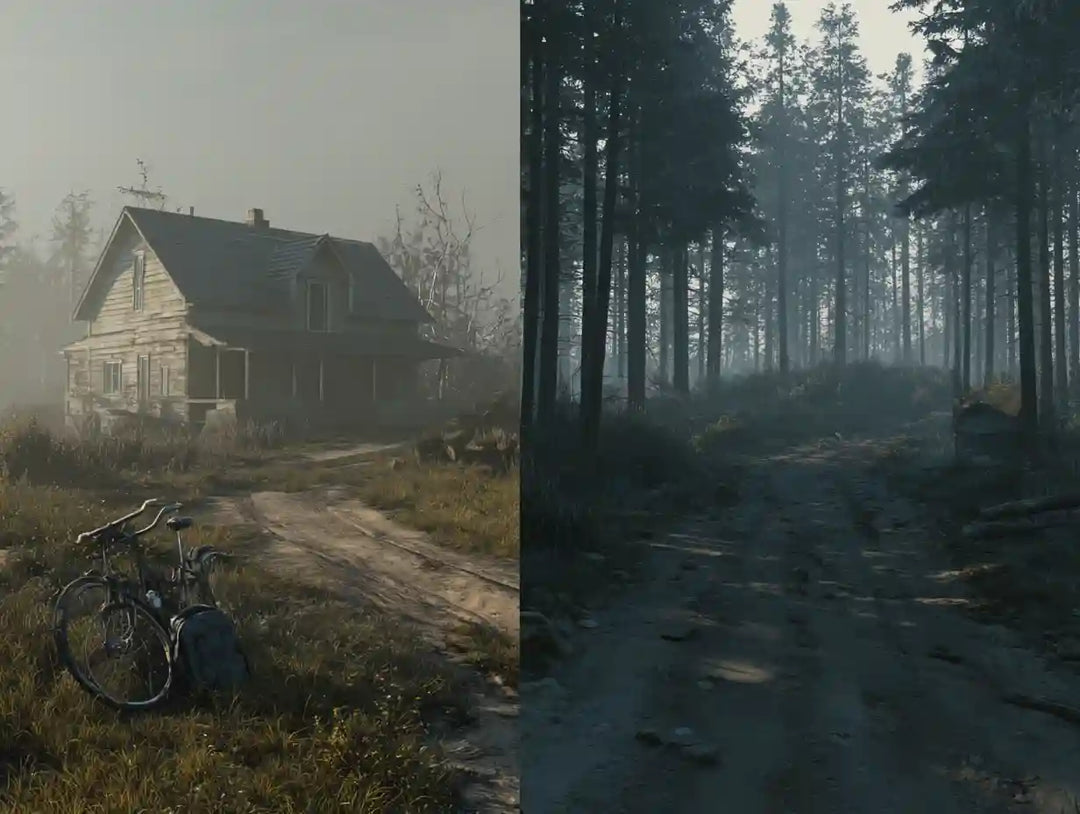Female criminals often challenge our assumptions about crime. Are they victims of circumstance, or are they empowered by choice? This question is especially relevant when we look back at historical cases like those from 1925, when 2,886 women were convicted more than twenty times.
These women lived in poverty. Many were elderly. When caught, they were described as harmless in prison but quickly returned to petty theft when released. It was a revolving door that seemed impossible to close. Mr. Cecil Wilson posed a question in response to these repeat offenders: were these women “feeble-minded,” or were they simply trying to survive harsh conditions? Perhaps engaging with stories that explore these complexities, such as those found in our Cold Case Files games, offers deeper insights.
There were no social systems to support them. No pension. No welfare programs. For some, going back to prison may have seemed like a rational choice when faced with starvation or homelessness. Was their criminality an act of desperation?
What about women who commit crimes not out of desperation but with intent? Take the Lambeth Riot in January 1926, led by Alice Diamond and her gang, the Forty Elephants. Diamond was not fighting for survival; she was orchestrating crime.
The Forty Elephants were known as a violent and strategic group of professional thieves who operated across London for over 70 years. These women used crime as a means to gain power, not just survive, much like participants in our 1920s Murder Mystery Game, which allows you to navigate complex character motivations.
Alice Diamond, standing tall at 5’9”—in a time when most men were shorter—wielded fists that could knock a man down. She was feared and respected in her circle. Diamond rejected the victim label and embraced leadership in her criminal world.
Did this make her empowered, or monstrous? Women like Diamond are hard to put into neat categories. They resist simple explanations. Yet, are we too eager to see them through a lens of either victimhood or empowerment, as if these are the only options?
When we look at female criminals, do we subconsciously want to pity them? Do we want their actions to be excused out of desperation, or celebrated as a form of rebellion?
Why is it so difficult for us to view them the way we would view male criminals—as people who made decisions in pursuit of their own gains?
In the true crime genre, women are most often the victims. Headlines tell us of women who have been murdered or brutalized, and these stories draw sympathy. That response is automatic. But how do we feel when we hear of a woman being the perpetrator of violence? We hesitate to categorize her in the same way we would a male criminal.
Why do we need female criminals to fit our moral expectations—to be either helpless victims or empowered rebels? Why don’t we afford them the same complexity we give male criminals?
This issue extends beyond historical figures like Alice Diamond. If you look at popular media, how often do we see female criminals depicted as nuanced characters? How often do we question whether they are “likeable?”
Ask yourself: Do you feel uncomfortable learning about female criminals? Does it conflict with what you expect from women in general? Are you more likely to sympathize with a woman who commits a crime out of what we see as desperation?
Society has conditioned us to expect certain traits from women. Passivity. Compassion. Morality. But crime is not reserved for men alone. A woman can commit a violent act with malice. And yet, we still want to place her into one of two categories: victim or empowered.
When women don’t conform to these expectations, we are unsure how to feel about them. They confuse us because they don’t fit the narratives we are used to hearing.
This plays into the way we engage with murder mystery games. Are you looking for a familiar story of a helpless woman caught in dire circumstances? Are you expecting to play the hero? Or do you want to confront the possibility that the female murderer in the game acted of her own will and power? Consider tapping into a different dynamic with a game that offers unpredictable twists.
If you enjoy true crime but are interested in challenging the stories you know, consider immersing yourself in a different narrative. Our murder mystery games ask you to look past the easy explanations. Rather than fitting women into predictable roles, we present stories with complex motivations.
You’ll investigate the actions of women who do not easily fit into categories of victims or empowered rebels. Instead, you will explore the layered decisions that led them to act. You will confront difficult truths about human motivations and how society influences crime.
Are you ready to challenge your assumptions? Purchase one of our cold case file games and begin your investigation today.







